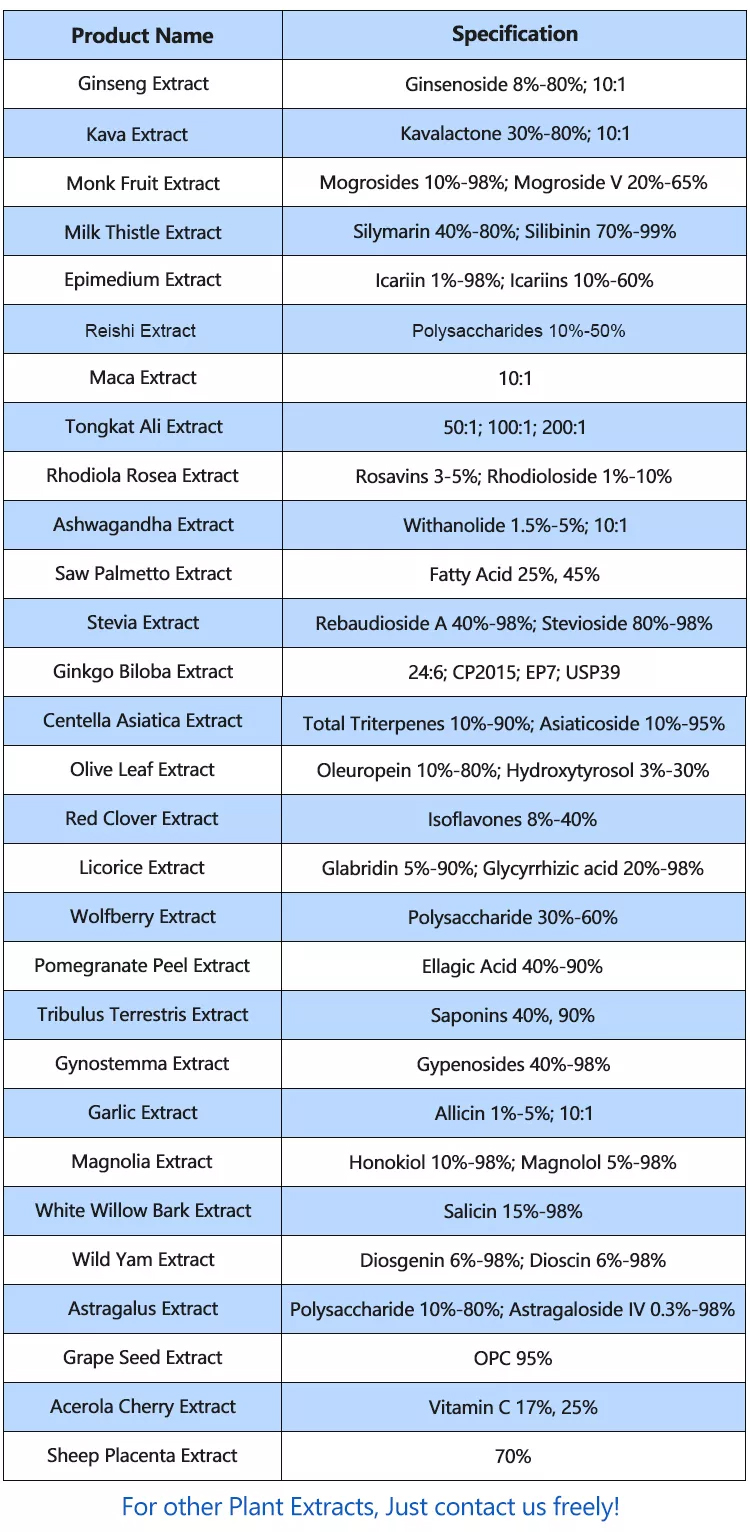Glycyrrhetinic acid, a compound derived from licorice root (Glycyrrhiza glabra), has been studied for its various health benefits and potential side effects. Here are the main pros and cons associated with glycyrrhetinic acid:
Pros of Glycyrrhetinic Acid
1.Anti-inflammatory Properties:
Glycyrrhetinic acid exhibits strong anti-inflammatory effects, which can help in reducing inflammation in various conditions such as arthritis and dermatitis.
2.Antiviral and Antimicrobial Effects:
It has demonstrated antiviral properties against certain viruses, including hepatitis and herpes viruses. Its antimicrobial action can help combat bacterial and fungal infections.
3.Antioxidant Activity:
As an antioxidant, glycyrrhetinic acid helps in neutralizing free radicals, thus protecting cells from oxidative stress and potential damage.

4.Potential Anti-cancer Properties:
Some studies suggest that glycyrrhetinic acid may have anti-cancer properties, inhibiting the growth of certain cancer cells and inducing apoptosis (programmed cell death).
5.Skin Health:
It is used in skincare products for its ability to soothe and reduce redness, irritation, and hyperpigmentation. It may also help with conditions like eczema and psoriasis.
6.Support for Digestive Health:
Glycyrrhetinic acid can help with digestive issues, such as ulcers and gastritis, by promoting mucus production and protecting the stomach lining.
Cons of Glycyrrhetinic Acid
1.Potential for Hypokalemia:
Prolonged use of glycyrrhetinic acid can lead to low potassium levels in the blood (hypokalemia), which can cause muscle weakness, irregular heartbeats, and other health issues.
2.Hypertension Risk:
Glycyrrhetinic acid can cause an increase in blood pressure due to its mineralocorticoid effects, which mimic aldosterone, leading to sodium retention and potassium excretion.
3.Possible Hormonal Effects:
It may interfere with hormone levels, particularly cortisol, potentially leading to conditions like pseudoaldosteronism, characterized by symptoms such as high blood pressure, headaches, and edema.
4.Drug Interactions:
Glycyrrhetinic acid can interact with various medications, including corticosteroids, diuretics, and medications for hypertension, which may lead to adverse effects or reduced efficacy of the medications.

5.Not Suitable for Certain Individuals:
People with conditions such as kidney disease, heart disease, or high blood pressure should avoid using glycyrrhetinic acid due to the risk of exacerbating these conditions.
6.Potential Allergic Reactions:
Some individuals may experience allergic reactions to glycyrrhetinic acid, leading to symptoms such as rash, itching, and swelling.
Conclusion
Glycyrrhetinic acid offers several health benefits, particularly for its anti-inflammatory, antiviral, antioxidant, and skin-soothing properties. However, it also poses significant risks, particularly concerning electrolyte imbalance, hypertension, and hormonal effects. It is essential to use glycyrrhetinic acid with caution, especially in individuals with preexisting health conditions, and ideally under the guidance of a healthcare professional.
